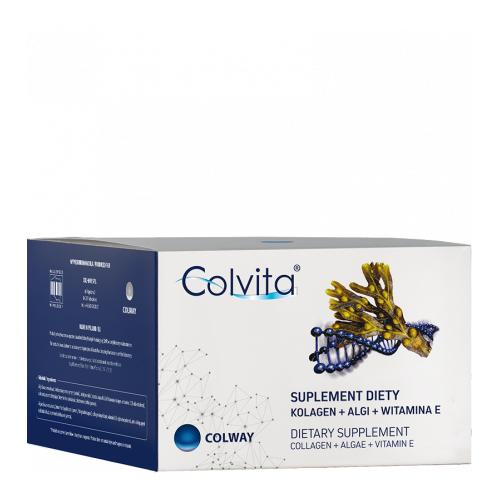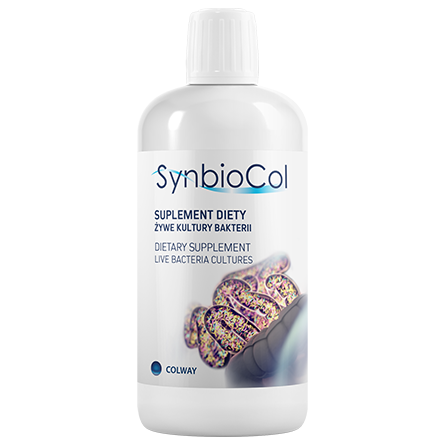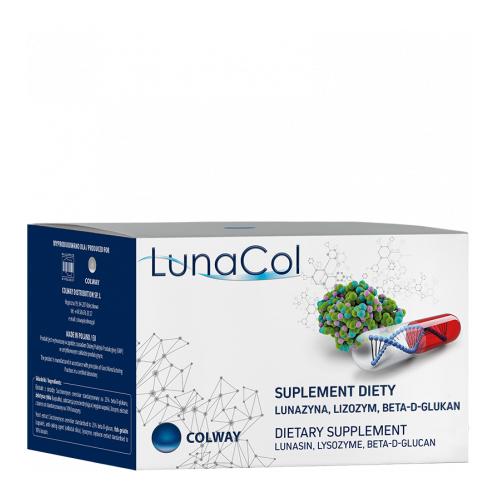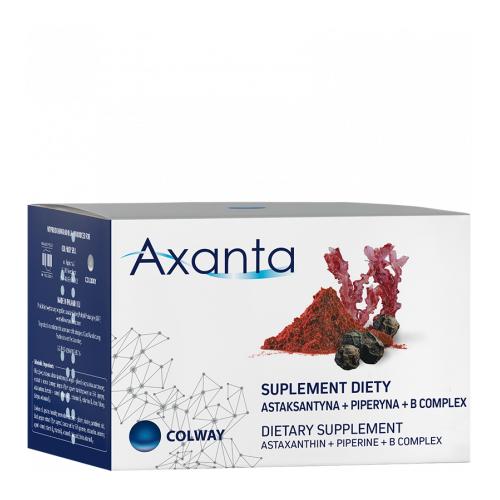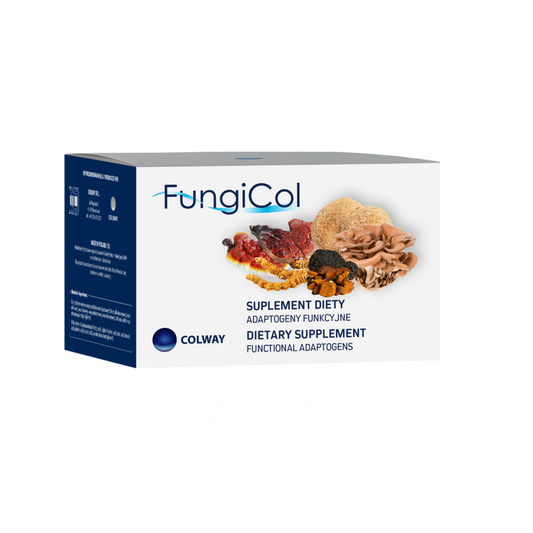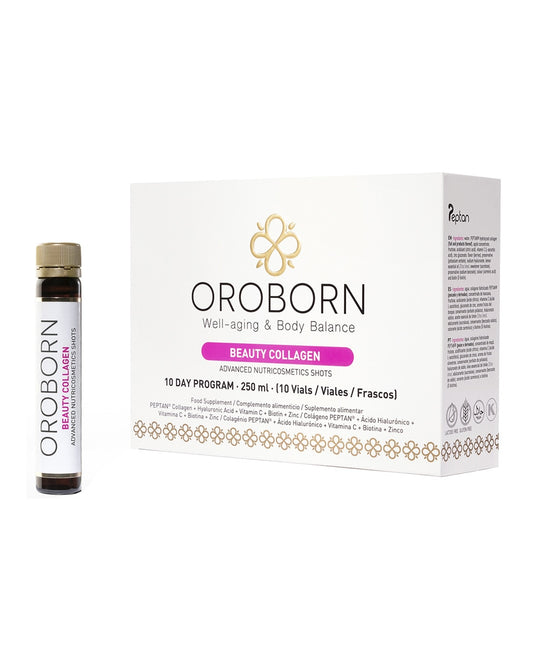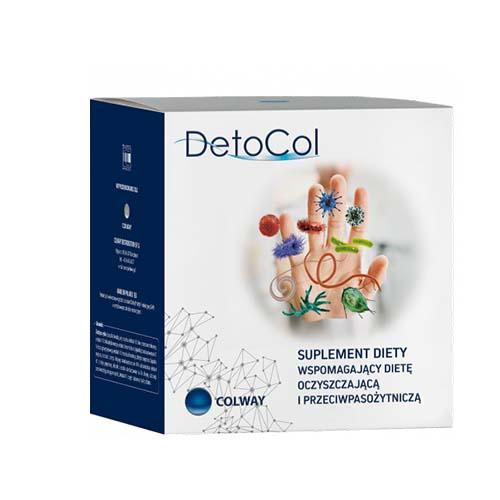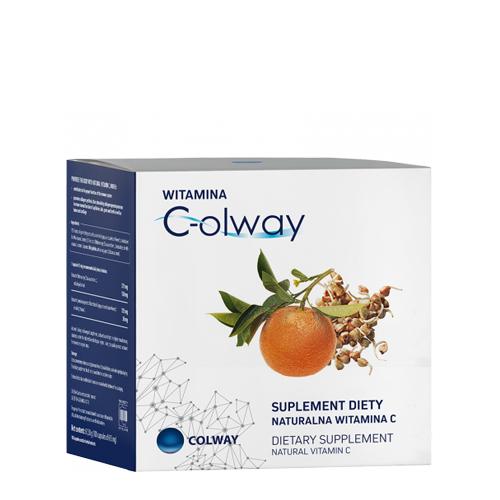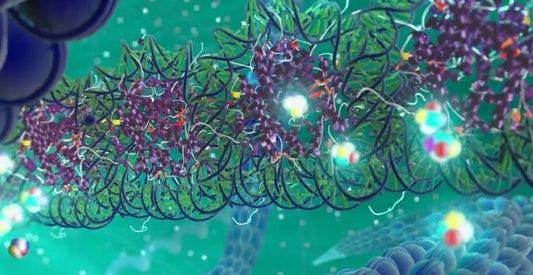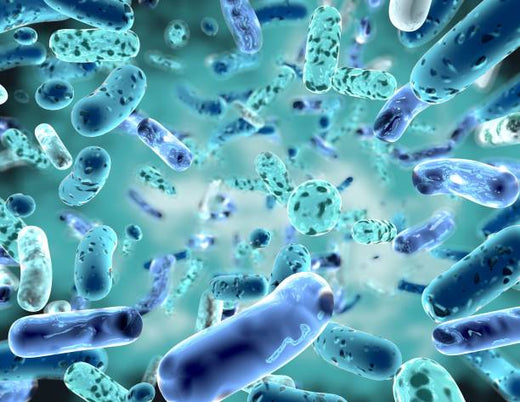Atopic dermatitis: how to alleviate and treat this inflammation?
Atopic dermatitis, also known as atopic eczema, is a chronic skin condition that affects millions of people around the world. It is characterized by dry, red, and inflamed skin, and can be extremely uncomfortable. Below, we will explore the causes, symptoms, and treatments available to alleviate and treat this inflammatory condition.
What is the atopic dermatitis?
Atopic dermatitis is a chronic inflammatory skin disease that affects both adults and children. This condition is especially common in childhood, but it can occur at any age. Although the exact cause is unknown, it is believed that genetic and environmental factors play an important role in its appearance.
Causes of atopic dermatitis
Although no specific cause is known, there are several factors that can contribute to the development of atopic dermatitis:
- Genetics: Genetic predisposition is an important factor, as the condition tends to be more common in families with a history of allergies or asthma.
- Environmental factors: Allergens such as pollen, mold, and dust mites can trigger flare-ups of atopic dermatitis.
- Stress: Emotional and physical stress can also aggravate the condition.
- Chemical irritants: Chemicals in soaps, detergents, and cosmetics can irritate the skin and lead to breakouts.
Symptoms of atopic dermatitis
The most common symptoms of atopic dermatitis include:
- Dry, flaky and cracked skin
- Redness and inflammation
- intense itching
- Small bumps or vesicles that may ooze
- Thickening of the skin in affected areas
Diagnosis of atopic dermatitis
The diagnosis of atopic dermatitis is based primarily on the patient's appearance and medical history. A doctor will examine the skin and ask questions about symptoms and triggers. In some cases, allergy testing may be necessary to identify possible allergens.
Topical Treatments for Atopic Dermatitis
Topical treatments are the first line of treatment for atopic dermatitis and may include:
- Moisturizers: Applying moisturizing creams and lotions regularly helps keep skin hydrated and reduces dryness and itchiness.
- Topical corticosteroids: These drugs reduce inflammation and relieve itching. They should be used as directed by the doctor.
- Topical calcineurin inhibitors: These medications also help decrease inflammation and are used when corticosteroids are not effective or cannot be used long term
Systemic treatments for atopic dermatitis
When topical treatments are not enough to control symptoms, systemic treatments may be considered:
- Oral corticosteroids: These drugs are used to control inflammation and relieve itching in severe cases. Its long-term use is not recommended due to its possible side effects.
- Immunomodulators: Medications such as cyclosporine and methotrexate may be useful in cases of severe atopic dermatitis that does not respond to other treatments.
- Janus protein kinase (JAK) inhibitors: These drugs, such as baricitinib, are a newer treatment option and may be effective for moderate to severe atopic dermatitis.
Biological therapies for atopic dermatitis
Biological therapies are drugs that act on the immune system and can be a treatment option for severe cases of atopic dermatitis:
- Dupilumab: This drug is a monoclonal antibody that is given by injection and works by blocking proteins that cause inflammation.
Home remedies and lifestyle changes
In addition to medical treatments, there are several measures that can be taken at home to relieve symptoms and prevent flare-ups of atopic dermatitis:
- Skin hydration: Keep skin hydrated by applying emollient creams several times a day, especially after bathing.
- Soft baths: Avoid the use of soaps and irritating products. Opt for lukewarm rather than hot baths and add oils or colloidal oatmeal to soothe skin.
- Stress management: Practice relaxation techniques, such as yoga or meditation, to reduce stress and minimize flare-ups.
- Appropriate clothing: Wear soft cotton clothing and avoid fabrics that can irritate the skin, such as wool or polyester.
- Identify and avoid allergens: Keep track of potential triggers and avoid contact with them.
Treatment of complications
Atopic dermatitis can cause complications, such as bacterial, viral, or fungal skin infections. If an infection is suspected, it is important to see a doctor for appropriate treatment, which may include antibiotics, antivirals, or antifungals.
Prevention of atopic dermatitis
Although there is no guaranteed way to prevent atopic dermatitis, a few steps can help reduce the likelihood of flare-ups:
- Keep skin well hydrated
- Avoid known triggers
- control stress
- Eat a healthy and balanced diet
Conclusion
Atopic dermatitis is a chronic inflammatory skin condition that can cause uncomfortable symptoms and affect the quality of life for sufferers. Fortunately, there are numerous treatment options and self-care strategies that can help alleviate symptoms and manage the condition.
The key to managing atopic dermatitis is working with a doctor or dermatologist to develop a personalized treatment plan that is tailored to your specific needs. Additionally, implementing lifestyle changes and maintaining a proper skin care routine is critical to preventing breakouts and keeping skin as healthy as possible.
Although there is no cure for atopic dermatitis, following medical recommendations and leading a healthy life can make a big difference in the lives of sufferers. Stay positive and be patient as the treatment may take time to show noticeable results.
Frequently asked questions about atopic dermatitis
- What is the atopic dermatitis?
Atopic dermatitis is a chronic inflammatory skin disease that causes redness, itching, dryness, and sometimes small vesicles on the skin. It affects both adults and children and can present at any stage of life.
- What are the causes of atopic dermatitis?
Although no specific cause is known, it is believed that genetic and environmental factors, such as allergens, chemical irritants, and stress, may contribute to the development of atopic dermatitis.
- How is atopic dermatitis diagnosed?
Diagnosis is based on the appearance of the skin and the patient's medical history. A doctor will examine the skin and ask questions about symptoms and triggers. In some cases, allergy testing may be necessary.
- What are the treatments available for atopic dermatitis?
Treatments for atopic dermatitis may include topical medications such as moisturizers, corticosteroids, and calcineurin inhibitors; systemic treatments such as oral corticosteroids, immunomodulators, and JAK inhibitors; and biologic therapies such as dupilumab. Home remedies and lifestyle changes can also be used to control the condition.
- Can atopic dermatitis be prevented?
There's no guaranteed way to prevent atopic dermatitis, but keeping your skin hydrated, avoiding known triggers, managing stress, and eating a healthy, balanced diet can help reduce the likelihood of flare-ups.
- What is the role of self-care in the management of atopic dermatitis?
Self-care is essential to control atopic dermatitis. Keeping skin hydrated, avoiding irritants and allergens, reducing stress, and living a healthy life can make a world of difference in the lives of those who suffer from this condition.





















































































































